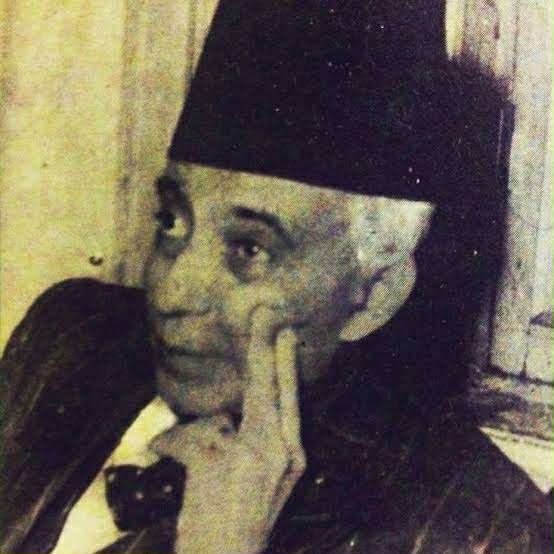It is not surprising that Israeli Prime Minister Benjamin Netanyahu deliberately talks about his historical and spiritual mission and demonstrates his close connection to the idea of Greater Israel, coinciding with the reopening of negotiating paths to halt the annexation of the Gaza Strip and prevent the invasion of Gaza City.
It's no surprise that he's re-escalating tensions with Iran and inciting its citizens to revolt just weeks before the UN General Assembly, which could see a wave of broad diplomatic recognition of the State of Palestine as a last resort to halt the genocide. He believes in the strategy of detonating the most sensitive situations, emerging from the narrowest corners and into a new horizon of more violent confrontation.
Remember with me how he was standing at the UN podium last year while his aircraft carried out the assassination of Hassan Nasrallah.
But what is truly strange is the failure of minds to comprehend the threats that all senses have been touching on daily for ninety years, and they remain unable to deal with the catastrophe of the present and the darkness of the future.
In November 1945, the pioneering writer Ibrahim Abdel Qader Al-Mazini conveyed to readers of the letter the dreams that Netanyahu has today, which formed the basis of the Revisionist Zionism initiated by Likud founder and Netanyahu's role model, Ze'ev Jabotinsky.
He wrote under the title"In the hands of the Arabs are sharp weapons": The Zionists will not rest and will not cease their efforts, because they have a goal beyond the mere national homeland they have won (note that these phrases were published two and a half years before the 1948 Nakba), which is to seize all of Palestine, expel the Arabs from it, and establish a state for themselves there. Even this is only a second step towards a larger and more grand goal, as their delegates declared at the Zionist Congress they held a few months ago in London, that the entire Middle East is a vital sphere for them, just as Hitler used to say about the Third Reich in Eastern and Southern Europe.
These days mark the anniversary of the birth and death of Al-Mazni (August 19, 1889 - August 10, 1949), whose contributions to political thought against Zionism and early awareness of the vitality of the Palestinian cause have been hidden behind novels, poetry, and literary battles with his contemporaries.

For more than ten years, Al-Mazini devoted a significant number of his articles in Al-Risala magazine to insights into Arab nationalist issues, theorizing about the idea of the Arab League and calling for its establishment, opposing the British discourse on Palestine, supporting its Great Arab Revolt (1936-1939), and warning against the schemes of the Zionist lobby. This is a legacy worthy of illumination and contemplation.
Following the Allied victory in World War II, settlement activity in Palestine escalated, attracting more residents and establishing kibbutzim, or productive colonies, including factories, animal production plants, and other projects supported by new technologies in the East, which flooded some Arab markets with goods. Al-Mazini thus addresses the path of an economic blockade of the entity to be established, a weapon that today appears to be the only and most effective, as the International Court of Justice has directed its use against settlements. It is also used by anti-genocide countries such as Norway through its sovereign wealth fund, which recently decided to reduce its investments in Israel.
He wrote under the title"Boycott of Zionism" on December 31, 1945, that the boycott is the most effective weapon in the fight against Zionism, as there is no success for a state whose establishment is preceded by economic ruin, and that its effect is that the industries they established at great expense will fail. He called for an integrated Arab plan to organize the boycott, cooperate in filling the gap and compensating for the losses that societies may initially incur, and diversify the sources of goods.
While Egyptian politicians were promoting isolation and refusing to engage with the Palestinian cause, Al-Mazini's vision was free of distortion or exaggeration and was characterized by far-sightedness. In August 1937, he wrote under the title"The Nakba of Palestine": "But negligence passes, and a day will soon come when Egypt will realize that it cannot turn a blind eye to what is happening on its borders, or underestimate the impact that the establishment of a Jewish state on the eastern coast, close to its own, will have. Events will force it to realize that closeness to Palestine is more beneficial and profitable for it than this isolation that ignorance, lack of insight, and narrow-mindedness force it to perpetuate. Everything that is coming is near, but things in their time are better than them after the harsh lesson, the painful test, and the bitter experience."
Months after the establishment of Israel, Al-Mazni died, just like others who left their words to prove their point to us. Astonishment and denunciation arise in every Arab child’s question to his father and grandparents: Where were you?!

